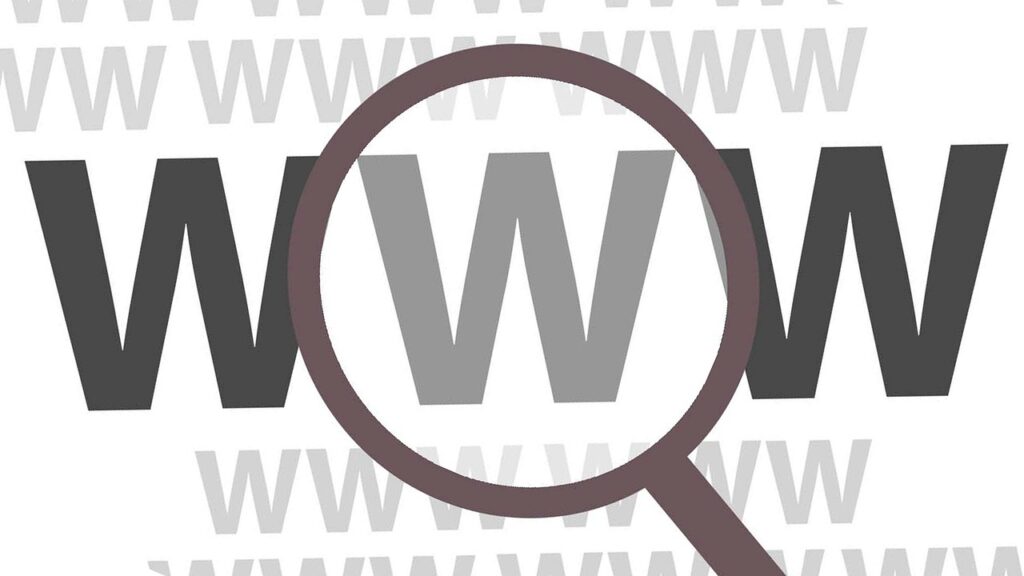Guide to Choosing a Domain Name

Your domain name is the digital identity of your online presence. It’s the gateway through which your audience finds and remembers you. Therefore, choosing the right domain name is a critical step in establishing a successful online presence. In this comprehensive guide, we’ll explore best practices for selecting a domain name and provide comparisons of popular domain registrars.
Best Practices for Choosing a Domain Name:
1. Keep It Simple and Memorable:
- Opt for a domain name that is short, easy to spell, and free from complex words or symbols. A memorable domain name is more likely to be shared and revisited.
2. Reflect Your Brand:
- Your domain name should ideally reflect your brand, business, or the purpose of your website. It helps users understand what to expect.
3. Choose the Right Domain Extension:
- Common extensions like .com, .org, and .net are often more credible and easier to remember. However, if they are unavailable, consider industry-specific extensions like .tech or .blog.
4. Avoid Copyright and Trademark Issues:
- Ensure that your domain name does not infringe on existing copyrights or trademarks. Use online trademark databases to check for conflicts.
5. Be Mindful of Keywords:
- Incorporate relevant keywords in your domain name to improve search engine visibility. However, avoid keyword stuffing, which can look spammy.
6. Avoid Hyphens and Numbers:
- Hyphens and numbers can lead to confusion when sharing your domain verbally. It’s best to keep your domain name alphanumeric.
7. Check Social Media Availability:
- Verify that the chosen domain name is available on popular social media platforms to maintain consistency across your online presence.
8. Consider Pronunciation:
- Think about how your domain name sounds when spoken aloud. Avoid homophones or words that may be misheard.
9. Research Competitors:
- Investigate the domain names of your competitors to differentiate your online identity.
10. Future-Proof Your Choice:
- Think long-term. Your domain name should be versatile enough to accommodate potential business expansions or shifts in focus.
Domain Registrar Comparisons:
Once you’ve decided on a domain name, you’ll need to register it with a domain registrar. Here’s a comparison of some popular domain registrars:
1. Namecheap:
- Pricing: Namecheap is known for competitive prices and frequent promotions.
- User-Friendly: The platform is user-friendly, making it easy for beginners to register and manage domains.
- Additional Services: Offers hosting, SSL certificates, and privacy protection.
2. GoDaddy:
- Pricing: GoDaddy is widely recognized, but it tends to be more expensive than some alternatives.
- User-Friendly: Offers a straightforward registration process.
- Additional Services: Provides web hosting, website builders, and business email services.
3. Bluehost:
- Pricing: Known for web hosting, Bluehost often bundles domain registration with hosting packages.
- User-Friendly: User-friendly interface for domain management.
- Additional Services: Offers web hosting, SSL certificates, and email services.
4. HostPapa:
- Pricing: Competitive pricing with transparent renewal rates.
- User-Friendly: The platform is user-friendly, making it easy for beginners to register and manage domains.
- Additional Services: Provides web hosting, SSL certificates, website builders, and business email services.
When choosing a domain registrar, consider factors such as pricing, ease of use, additional services, and customer support. It’s essential to read reviews, check for hidden fees, and ensure that the registrar aligns with your long-term goals.
Selecting the right domain name is a crucial step in establishing your online presence, and choosing the right domain registrar can simplify the process. Follow the best practices for domain name selection, and carefully evaluate different registrars to make an informed decision. Your domain name is the first impression you make online, so choose wisely to set the stage for your online success.
